How to Protect Yourself From Financial Fraud?
Online payments have made our lives easier and the pandemic has led to a big jump in online transactions. However, this has also resulted in more online financial frauds.
Today, we are going to be learning how you can protect yourself from financial fraud.
According to data provided by community social media platform LocalCircles, 42% of Indians have experienced financial fraud in the last 3 years.
The survey further showed that 74% of those who experienced it failed to get their money back. The survey revealed that, in the last three years, only 17% of those who lost their money due to banking fraud were able to get their funds back.
The survey showed that bank account fraud, fraud by fly-by-night e-commerce operators, and credit and debit card frauds were the major causes of the problem.
This isn’t the only survey that talks about the financial frauds experienced by Indians and their devastating effects.
A Microsoft 2021 Global Tech Support Scam Research report said that consumers in India experienced a fairly high rate of online fraud of 69% in 2021.
According to data from the Reserve Bank of India, frauds to the tune of ₹60,414 crores were witnessed in 2021-22. RBI also said that, collectively, the bank frauds have resulted in India losing at least 100 crores every day over the past 7 years.
It is a fact that Indians are experiencing more financial fraud and they are losing more money every year. So, how can we protect ourselves from these frauds?
Use Secure Apps & Websites
Not all apps are secure, so be mindful of the apps you are downloading on your phone and make sure they are genuine and verified.
If you are looking to download the official app of any company, you can go to the company’s website and click on the Play Store or App Store links. You can rest easy, knowing you are downloading the right app.
No matter how professional a website may look, you should avoid making online payments unless you are completely sure that it is a genuine website.
You should avoid non-secure websites and browse only those sites that contain “HTTPS://” preceding the “www” and domain name in the URL.
You should also be careful of imposter websites whose domain names spell or sound similar to popular and legitimate websites.
Use Safe Internet Connections
You should be careful while using public WiFi that is available in shopping malls, coffee shops, libraries, public transport, etc.
These networks are used by millions and hackers stay active on public WiFi networks that offer them access to the information of multiple users. Moreover, many hackers create a free WiFi hotspot to trick people into joining it and get access to their important files and information.
Hence, you should not be using public WiFi networks to perform any financial transactions.
Beware Of Credit / Debit Card Frauds
Card cloning is one of the most common methods of card fraud. In this method, the fraudster poses as bank staff and calls customers.
Then, they urge customers to share their card details and PIN over the phone, saying that the customer’s card has been upgraded or that will cancel the card in the next 45 minutes if the information is not shared with them.
Once the customer shares the data, a new card will be made and cash will be withdrawn or funds will be transferred.
So, if someone calls you pretending to be a bank staff, be extremely cautious and immediately report the call to the authorities.
Be Careful About Fake Calls
As we have mentioned in the previous point, fraudsters call people, pretending to be calling from your bank or credit card company.
Apart from these, some fraudsters say that they are an IT firm, calling to fix or upgrade your computer. Once they get your personal bank details, they will use them to draw money from your account without your knowledge.
Sometimes, the fraudster may pose as a person known to you or your friend and ask you to transfer money immediately due to some “emergency”.
Sometimes, fraudsters will say that they need to gain remote access to your personal computer. These scammers will give reasons like updating software or anti-virus for gaining access.
Once they gain access, they will lock your computer and then demand a ransom to unlock it. They will even go a step further and steal personal financial details. So, deny any request for remote connections to your computer.
Avoid Clicking On Links
Phishing is a type of cybersecurity attack, where scammers send fraudulent communications that appear to come from a reputable source.
It is usually done via email. One of the best ways to protect your confidential information is by not clicking on the links embedded in emails, which are sent from unknown sources.
Emails that ask you to click on a link to get exclusive privileges, freebies, free cryptocurrencies, etc. are dangerous and if you click on the link, they might get access to your information, including banking details, and credit card information, and passwords.
Don’t Share Sensitive Information
The survey done by LocalCircles revealed that 29% of citizens share their ATM or debit card pin details with close family members, while 4% share them with their domestic and office staff.
We get it. During emergency situations, we might ask someone else to take money from the ATM. However, this might not be the ideal solution.
If you were ever in a situation where you had to share your personal and sensitive financial information, try changing the PIN and passwords as soon as possible. This will ensure that your information is safe with you.
Strong Passwords
The most important tip to protect your financial data is to set strong passwords as it will prevent your accounts from being hacked by hackers. Your password should be long and have special characters, for it to be considered a strong password.
You can also use two-factor authentication to keep the hackers away from your bank account. It is said to be one of the safest ways to verify the user by combining multiple security factors like passwords, answers to a security question, OTP, device code, etc. that is only accessible to you.
Final Thoughts…
Financial frauds are happening often these days and they are increasing day by day the first step in protecting yourself from these scams is by educating yourself about the different ways in which fraudsters scam people.
The government and financial institutions can organize awareness camps to help educate people and how they can protect themselves from falling prey to these scams.
It is a wise decision to monitor your accounts regularly so that you can identify any unauthorized transactions and report them to the authorities.
If you are interested in learning more about bettering your financial journey and taking better financial decisions, visit Koshex and create an account with us.
You can track your expenses, invest in safe instruments and achieve your goals easily with Koshex. Create an account in less than 2 minutes and get started right away!

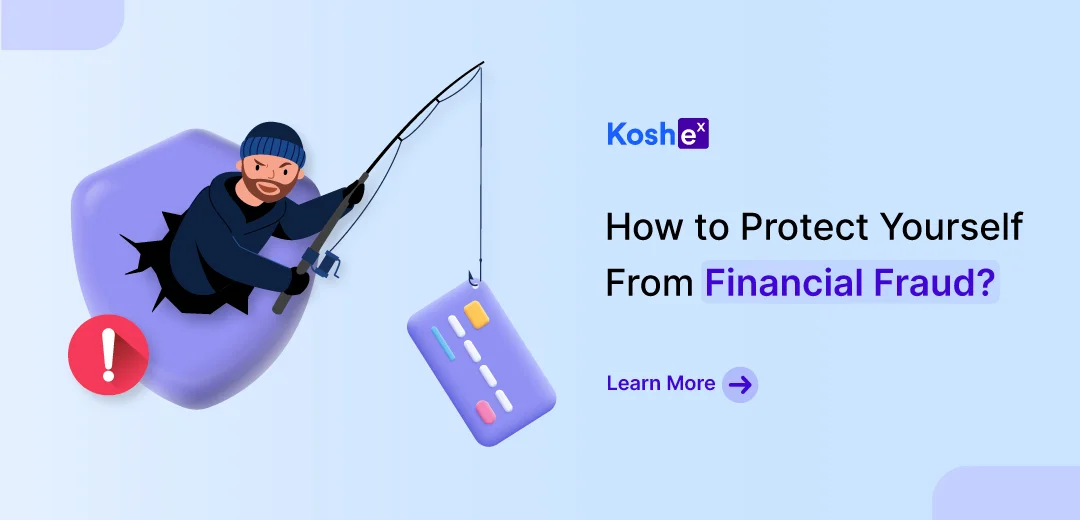

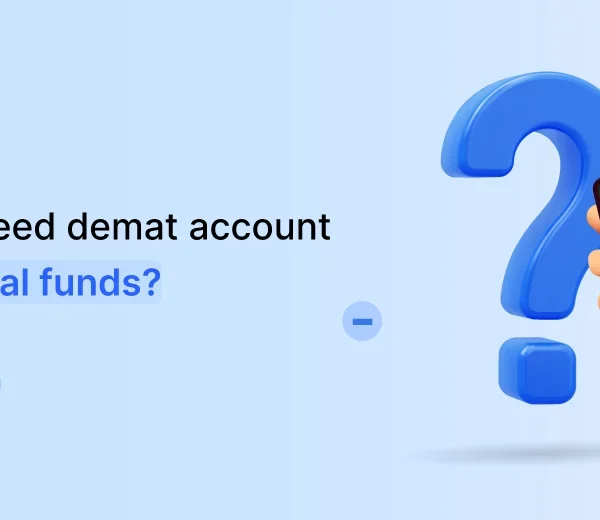
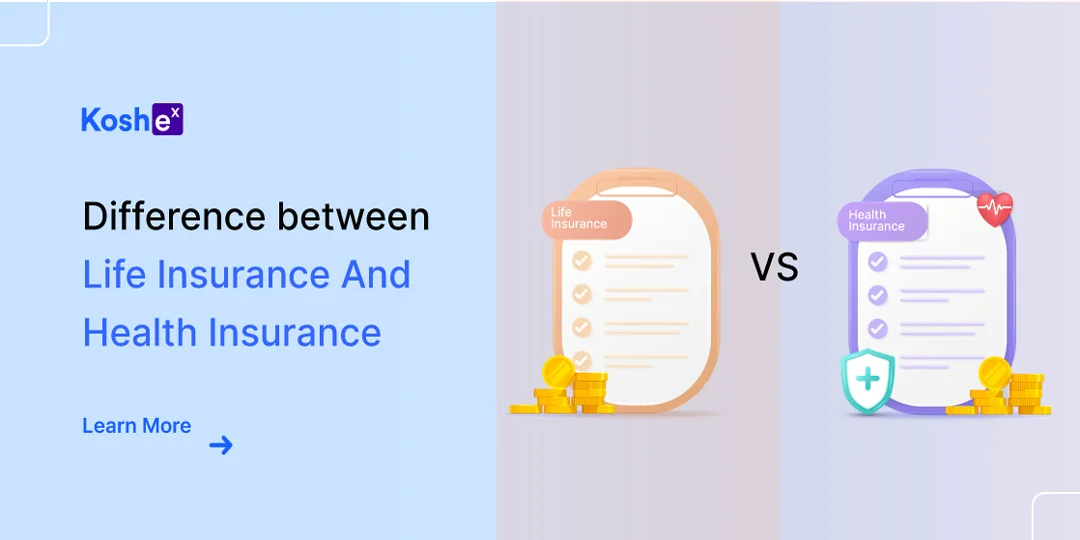
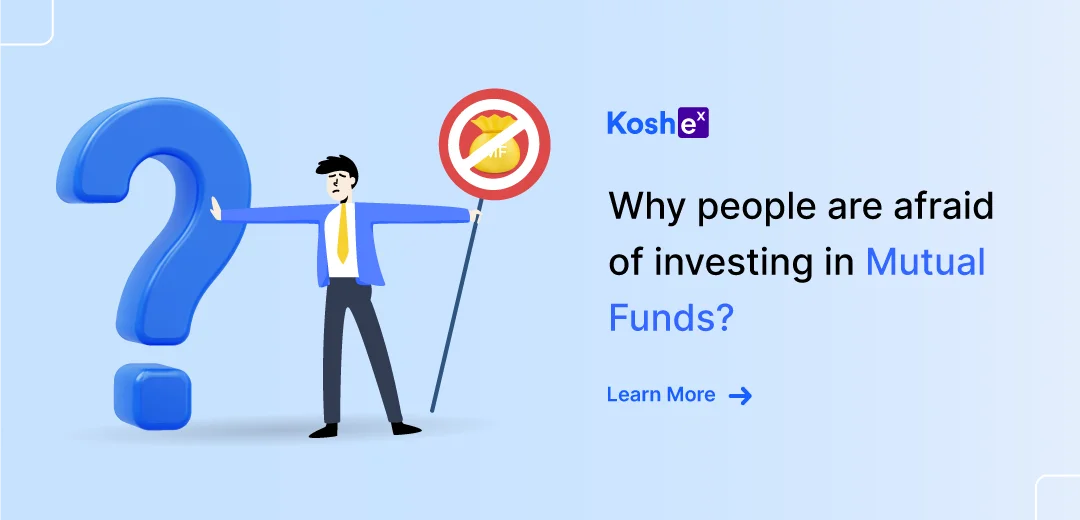
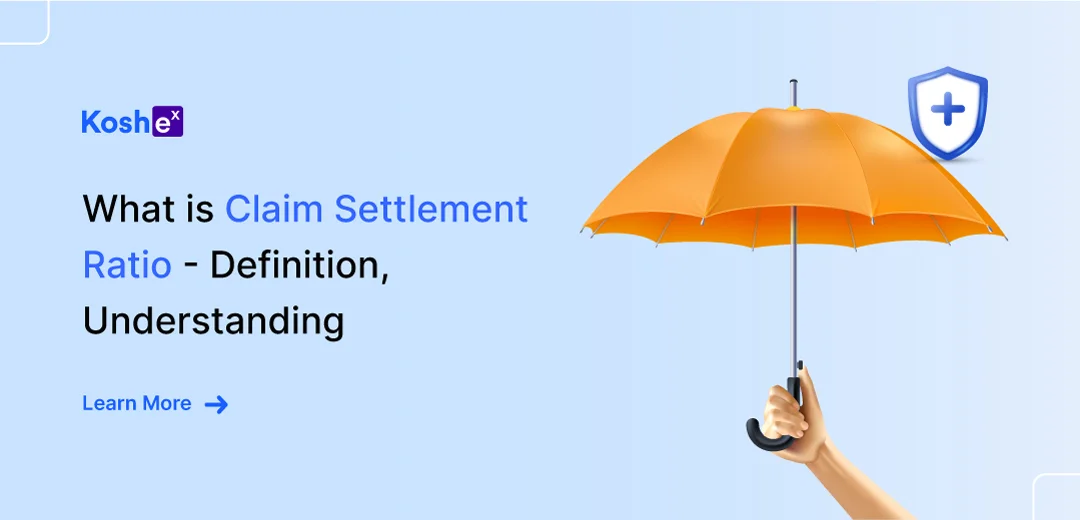


Leave a Comment